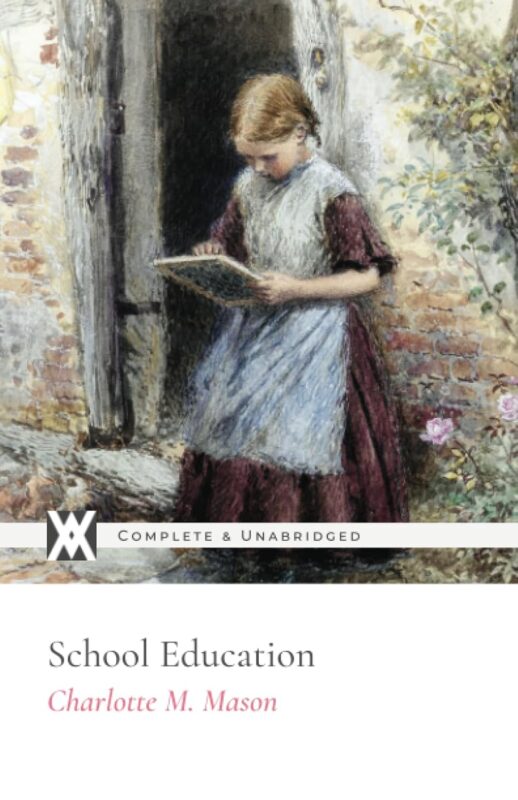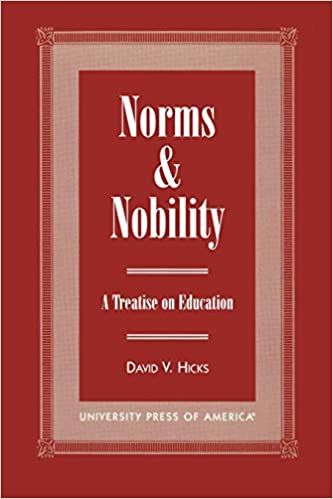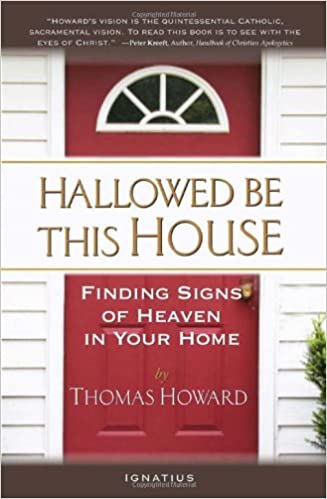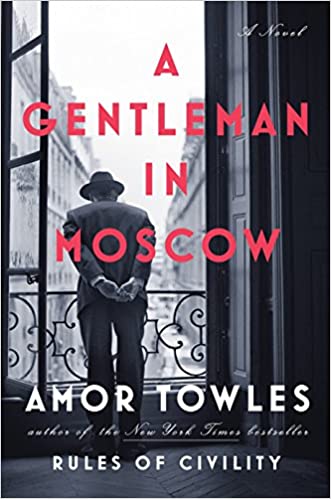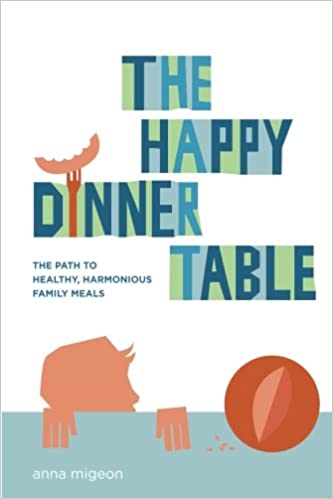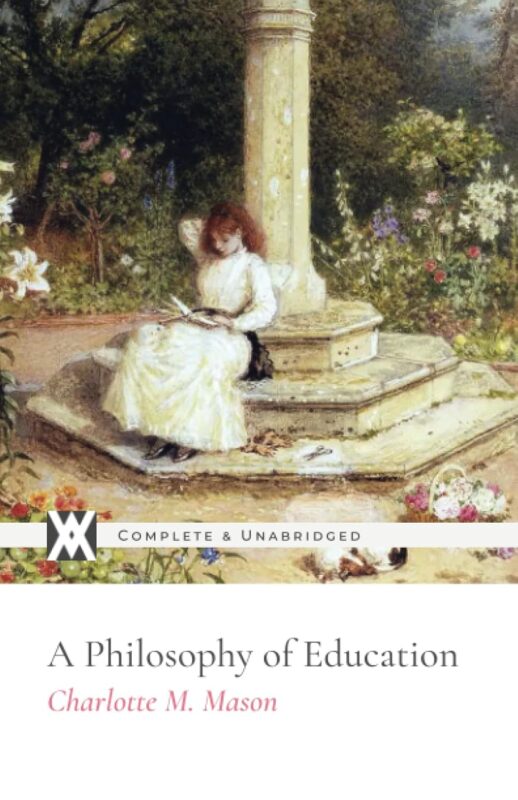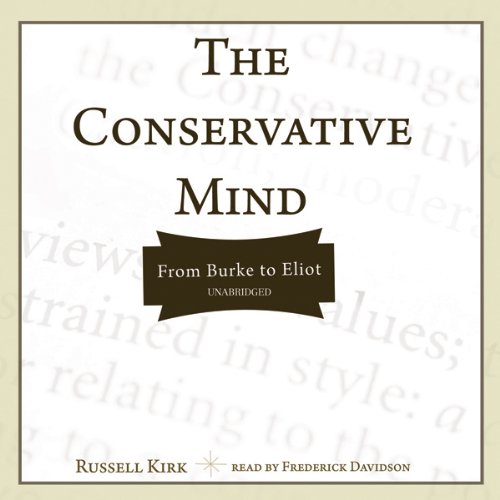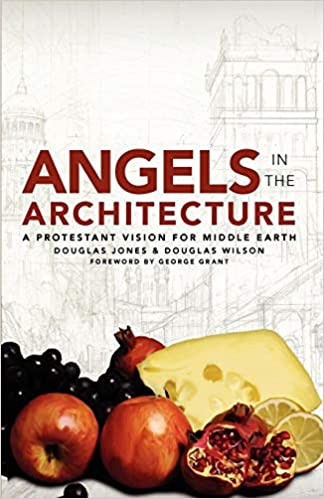On Christian Teaching
The De Doctrina Christiana ("On Christian Teaching") is one of Augustine's most important works on the classical tradition. Undertaken at the same time as the Confessions, it sheds light on the development of Augustine's thought, especially in the areas of ethics, hermeneutics, and sign theory. This completely new translation gives a close but updated representation of Augustine's thought and expression, while a succinct introduction and select bibliography present the insights of recent research.
More info →Charlotte Mason’s School Education (Book 3 of the Home Education Series)
After teaching about educating young children (up to the age of nine) in Home Education, Charlotte Mason turns her attention to 9-12 year-olds in School Education. Along with examples of books and exams she instructs us on:– The rights of children– The value of holistic education– How to help your child learn for themselves– How to develop the whole person– The importance of living books in education– How grades and rewards kill curiosity
More info →The Didascalicon of Hugh of Saint Victor: A Guide to the Arts
Norms and Nobility: A Treatise on Education
A reissue of a classic text, Norms and Nobility is a provocative reappraisal of classical education that offers a workable program for contemporary school reform. David Hicks contends that the classical tradition promotes a spirit of inquiry that is concerned with the development of style and conscience, which makes it an effective and meaningful form of education. Dismissing notions that classical education is elitist and irrelevant, Hicks argues that the classical tradition can meet the needs of our increasingly technological society as well as serve as a feasible model for mass education.
More info →Hallowed Be This House: Finding Signs of Heaven in Your Home
Thomas Howard shows us that every room of your house--the living room, the kitchen, the bedroom, and even the bathroom--is a holy place where God's grace awaits you, if only you know how to recognize His presence there. With a rich awareness of God's all-encompassing love, Howard takes you on a spiritual tour through your own home and shows you how everything in it can lead you closer to God.In each room, Howard shows you the surprising ways you can meet God there. With wonderful insights, he reveals how, even in your daily activities you can meet the same God who came to Israel in the terror, smoke and fire in the Tabernacle, and the God who died for us on Cross. But they're by no means confined to a lofty spiritual plane: Howard sees chances to love and serve God, and sees His gentle hand, in the most seemingly dull and ordinary of places and actions.So take up this book to find out how cooking and cleaning, having family dinners together, and all the other commonplace actions that make up the fabric of your daily life can actually disclose God's presence to you. Your daily life as well as your devotional life will be forever transformed by this unusual look at how lovingly God awaits us even in the smallest things.
More info →A Gentleman in Moscow
In 1922, Count Alexander Rostov is deemed an unrepentant aristocrat by a Bolshevik tribunal, and is sentenced to house arrest in the Metropol, a grand hotel across the street from the Kremlin. Rostov, an indomitable man of erudition and wit, has never worked a day in his life, and must now live in an attic room while some of the most tumultuous decades in Russian history are unfolding outside the hotel’s doors. Unexpectedly, his reduced circumstances provide him entry into a much larger world of emotional discovery.
Brimming with humor, a glittering cast of characters, and one beautifully rendered scene after another, this singular novel casts a spell as it relates the count’s endeavor to gain a deeper understanding of what it means to be a man of purpose.
More info →The Happy Dinner Table: The Path to Healthy & Harmonious Family Meals
Discover the direct path from picky eating to greater enjoyment of family meals and a more harmonious home life. Transform your dinner table into a place of happy memories instead of a battlefield as you explore delightful ways to reverse picky eating and establish an atmosphere of mutual respect. This book includes personal stories, research studies and enlightening examples that will equip you to work with your children instead of against them.You’ll discover where to hold the line with your child and where to back off, where to focus your efforts for greatest impact and where taking it easy is critical. You’ll find here practical, proven tactics to engage a child’s will without resorting to rewards or punishment. This book empowers parents to guide their children toward a sincere appreciation of what’s good for them, at the table and beyond.
More info →Charlotte Mason’s Philosophy of Education (Book 6 of the Home Education Series)
This edition of Charlotte Mason’s Home Education Series is presented complete and unabridged, retaining the pagination of the original to make research and referencing easy. All the books have been fully transcribed and formatted using a clean and easy-to-read font so that there’s no excuse not to read these revolutionary works.Written shortly before her death, A Philosophy of Education represents Charlotte Mason’s final thoughts after a lifetime spent thinking on education. Containing the final version of the 20 principles on which her method is based this book is a great place to start for parents of older children.
More info →The Federalist & The Anti-Federalist Papers: Complete Collection
This collection contains the crucial decisions and arguments of the Founding Fathers which shaped the America we know today. Along with the Constitution, Bill of Rights and the various Amendments this book is sure to help you understand the basic tenets of the American democracy: Contents: Need for Stronger Union Federalist: I, II, III, IV, V, VI Anti-Federalist: John Dewitt I, John Dewitt II Bill of Rights Federalist: LXXXIV Anti-Federalist: John Dewitt II Nature and Powers of the Union Federalist: I, XIV, XV Anti-Federalist: Patrick Henry June 5, 1788 Responsibility and Checks in Self-government Federalist: X, LI Anti-Federalist: Centenel I Extent of Union, States' Rights, Bill of Rights, Taxation Federalist: X, XXXII, XXXIII, XXXV, XXXVI, XXXIX, XLV, LXXXIV Anti-Federalist: Brutus I Extended Republics, Taxation Federalist: VII, X, XIV, XXXV, XXXVI Anti-Federalist: Federal Farmer I, Federal Farmer II Broad Construction, Taxing Powers Federalist: XXIII, XXX, XXXI, XXXII, XXXIII, XXXIV Anti-Federalist: Brutus VI Defense, Standing Armies Federalist: XXIV, XXV, XXVI, XXVII, XXVIII, XXIX Anti-Federalist: Brutus X The Judiciary Federalist: LXXVIII, LXXIX, LXXX, LXXXI, LXXXII, LXXXIII Anti-Federalist: Brutus XI, Brutus XII, Brutus XV Government Resting on the People Federalist: XXIII, XLIX Anti-Federalist: John Dewitt III Executive Power Federalist: LXVII Anti-Federalist: Cato V Regulating Elections Federalist: LIX Anti-Federalist: Cato VII House of Representatives Federalist: XXVII, XXVIII, LII, LIII, LIV, LVII Anti-Federalist: Brutus IV The Senate Federalist: LXII, LXIII Anti-Federalist: Brutus XVI Articles of Confederation (1777) Declaration of Independence (1776) U.S. Constitution (1787) Bill of Rights (1791) Amendments (1792-1991)
More info →The Conservative Mind: From Burke to Eliot
First published in 1953, this magnificent work will be remembered in ages to come as one of our century's most important legacies.
Written during a time when liberalism was heralded as the only political and intellectual tradition in America, there is no doubt that this book is largely responsible for the rise of conservatism as a viable and credible creed.
Kirk defines "the conservative mind" by examining such brilliant men as Edmund Burke, James Fenimore Cooper, Alexis de Tocqueville, John Quincy Adams, Nathaniel Hawthorne, Benjamin Disraeli, Cardinal Newman, George Santayana, and finally, T.S. Eliot. Vigorously written, the book represents conservatism as an ideology born of sound intellectual traditions.
More info →Angels in the Architecture: A Protestant Vision for Middle Earth
The modern view of the world is empty and lifeless, nothing more than a bunch of matter in motion, with life by the thousandth chance emerging from chaos. The modern world, as a result, can only conceive of progress as more efficiency, more technology, more domination. In stark contrast to this, Christianity presents a glorious vision for culture, and the vision of a world with truth, beauty, and goodness built into the very molecules of the universe. Medieval and Protestant Christianity began a conversation about truth, beauty, and goodness, but secularism ended the conversation mid-sentence. Sadly many Christians, while continuing to believe in the Gospel have become just as blind to the beauty of the universe and the need for a culture in which that beauty is recognized and cultivated. This book sketches a vision of Medieval Protestantism, covering such diverse topics as creeds, poetry, history, the church, feasting, and storytelling as they are to be found in the Christian faith alone.
More info →

